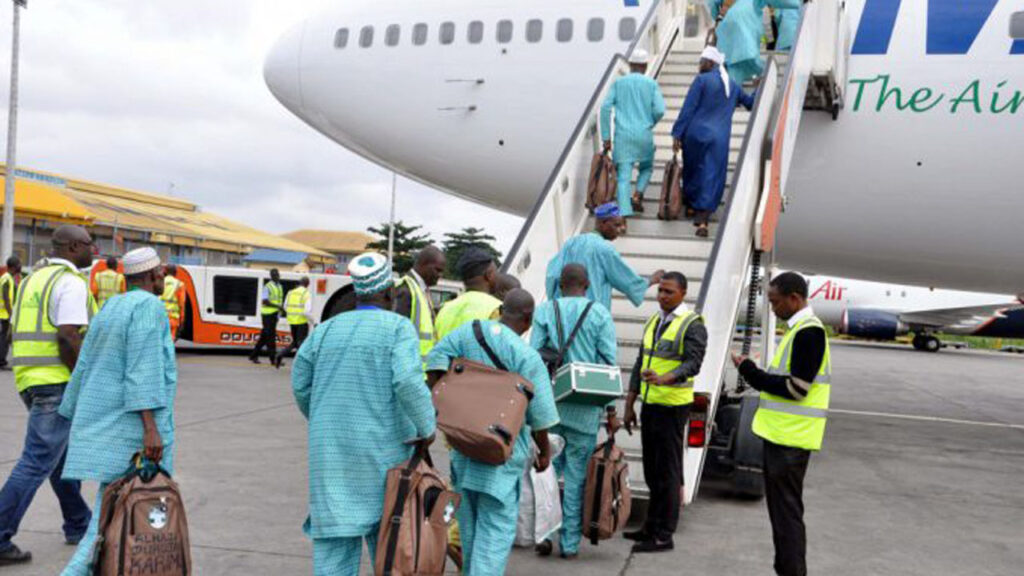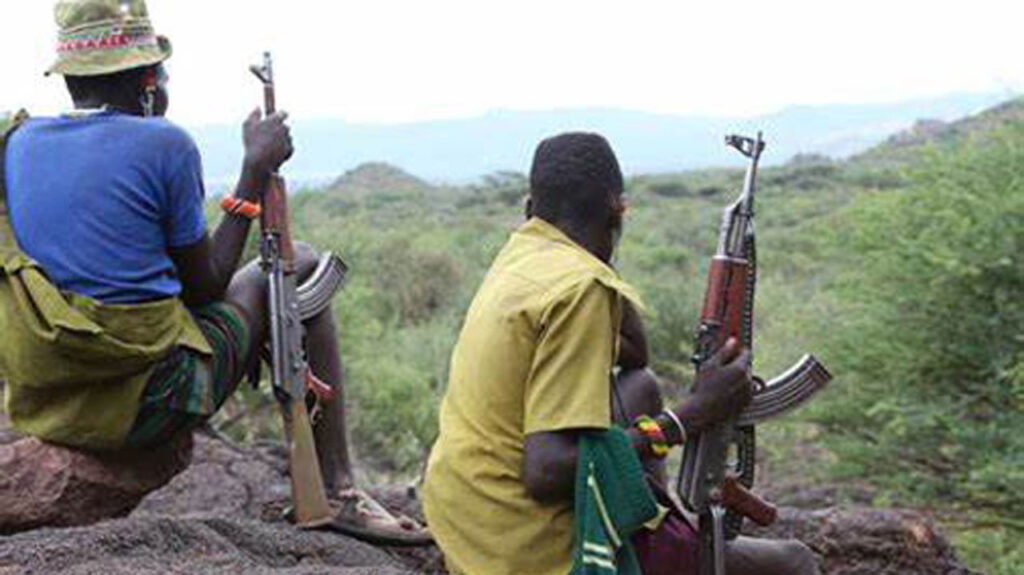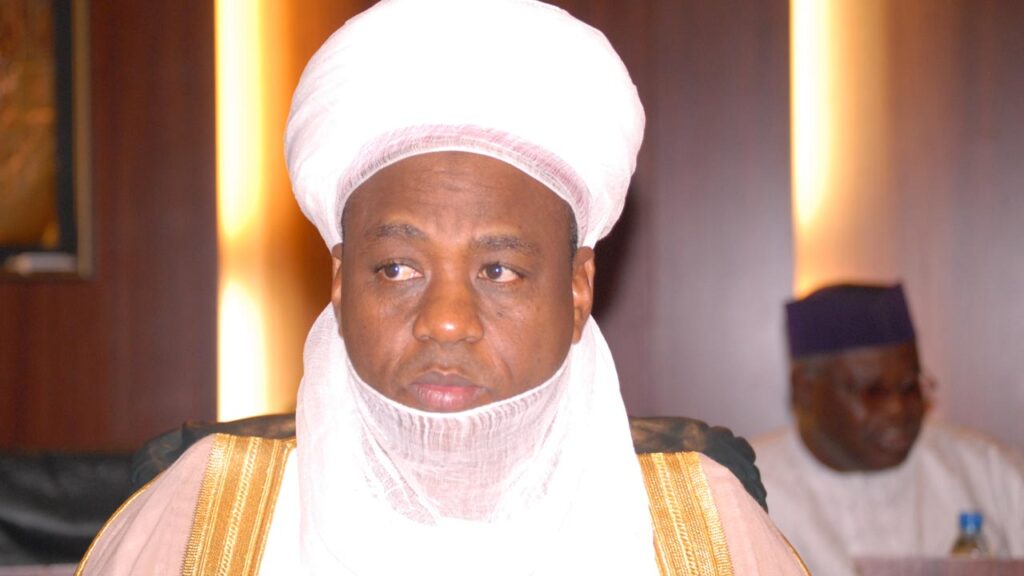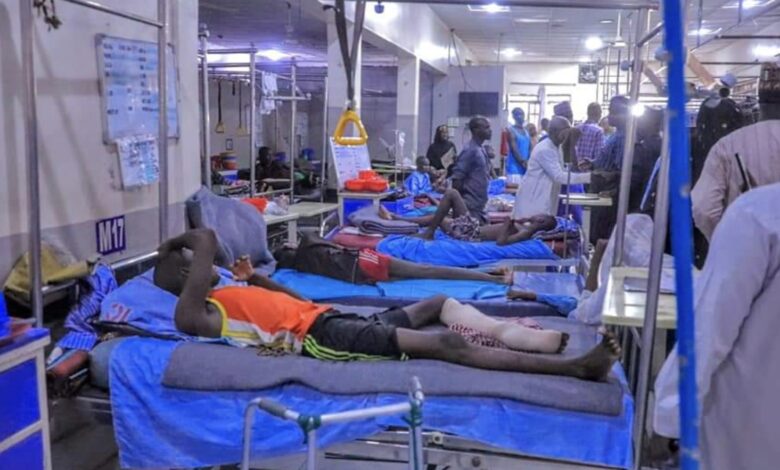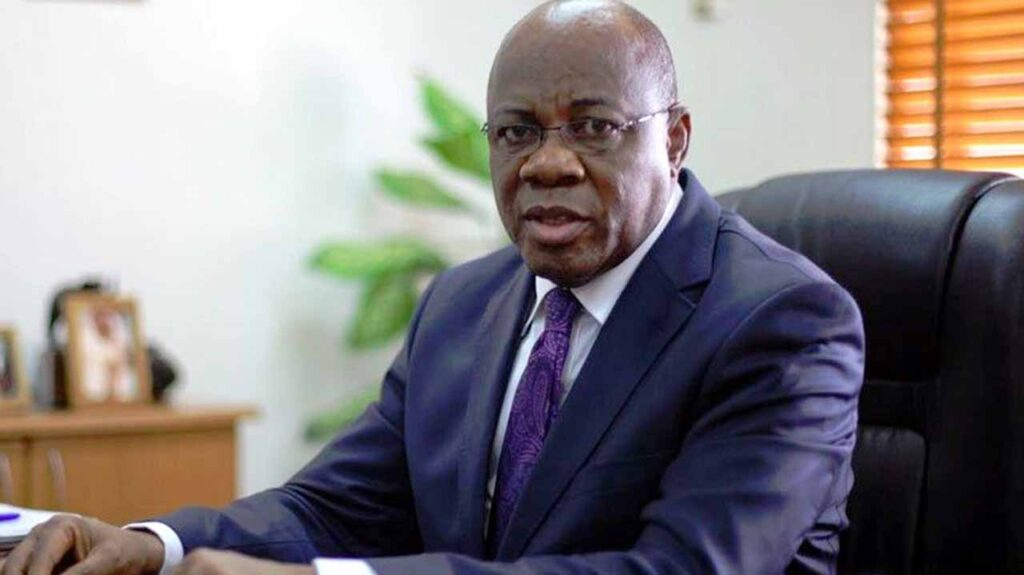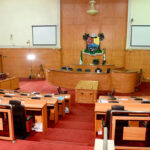
The recent vote of an estimated N90 billion in the sponsorship of pilgrimage, amid yawning gaps in socioeconomic needs, has raised familiar concerns on the limit to which public officeholders could freely deploy public resources in a secular State. RAUF OYEWOLE reports.
Quite typical of such commitments, tongues have been set wagging about the Federal Government’s latest subsidy for intending pilgrims to Saudi Arabia. The award, also observed in some states, is coming at austere times of significant economic hardship on the heels of fuel subsidy removal and attendant galloping inflation.
Specifically, the Federal Government has committed about N90 billion to this year’s religious tourism with six state governments subsidising pilgrimage with the sum of N9.5 billion.
However, reactions are trailing this development given that these states are among others that are challenged with pensions and gratuities payments, amid huge debt burdens. Recall that the Debt Management Office (DMO) recently put debts of the 36 states as of the last quarter of 2023 at N5.86 trillion, while 21 states owed N790 billion as pensions and gratuities.
Perhaps there is a justification for the ‘palliative’ window for pilgrims. About 50,000 intending pilgrims are caught in the web of undulating foreign exchange, which accounted for a shortfall in the money paid for the trip.
Initially, the National Hajj Commission of Nigeria (NAHCON) had fixed N4.9 million as the amount to be paid by each intending pilgrim in December 2023 when the exchange rate was N897 to a dollar at the bank rate. But with the current exchange rate, the cost suddenly increased to over N8 million, which many cannot afford.
According to NAHCON, considering the urgency of the situation, it was “forced to explore various options, including encouraging state governments and affluent individuals to intervene on behalf of their pilgrims.”
With the recent efforts to scale down the exchange rate, NAHCON resolved that each pilgrim would now have to pay a balance of N1,918,032.91 under the current foreign exchange rate (as of N1,474/$1).
However, there are controversies about the propriety of government involvement in spending public funds on overseas religious tourism instead of improving the welfare of the masses and the local economy.
To the critics, Section 10 of the 1999 Constitution, which describes Nigeria as a secular state stated that, “the government of the Federation or a State shall not adopt any religion as State Religion.”
However, both the federal and the state governments are sinking state resources running into several billions of naira to build churches and mosques while pertinent infrastructures get little or no attention.
At N8 million for each of the 50,000 pilgrims, not less than N400 billion has been technically shipped to the Saudi economy before the window closed on March 29.
According to available data on govspend.ng, Nigeria Christian Pilgrim Commission (NCPC) on October 15, 2023, also paid N300 million on operations.
At the sub-national end, the Imo State government on April 10, 2023, announced that it was sponsoring 1,000 people to Israel and Jordan. The announcement was made by the Commissioner for Information and Strategy, Declan Emelumba. As of last year, Christian pilgrimage was N3 million per slot. Sponsoring 1,000 pilgrims cost the government the sum of N3 billion of the commonwealth.
In 2020, Governor Babajide Sanwo-Olu of Lagos bagged the award of “Best Sponsor of Christian Pilgrims” from the Nigeria Christian Pilgrims Commission (NCPC). The Commission pronounced him as “the number two highest sponsor of Christian Pilgrims in Nigeria after Plateau State and the number one highest sponsor of Christian pilgrims in the South West.”
The NCPC Chief Executive, Yakubu Pam, stated that the award was to encourage the governor for his support of NCPC and Christian pilgrimage in general. According to him, “We want the world to know that you have done a lot for the church.” His predecessor, Akinwunmi Ambode, in 2017 halted the sponsorship of religious jamboree – a decision that saved N4.5 billion in a couple of years.
The 2023 governorship candidate of the Action Democratic Congress (ADC) in Lagos State, Funso Doherty, had accused the Lagos State government of budgeting N531 million for the renovation of St Andrews Anglican Church, Oke-Popo area of the state, despite its N1.05 trillion debt as at last quarter of 2023 according to the figure published by Debt Management Office (DMO).
Like Lagos, it was also gathered that four states also funded Christian pilgrims in 2023. Imo sponsored 1,000; Enugu, 300; Adamawa, 120; Lagos, 170, and Borno, 101.
Consequently, apart from N90 billion the Federal Government has committed to pilgrimage, six states – Kano, Bauchi, Kogi, Kebbi, Jigawa and Gombe – subsidised their pilgrims to Mecca this year with N9.5 billion despite having a debt burden of N594.4 billion. Kano State government is indebted to the tune of N122.36 billion and subsidised the Hajj exercise with the sum of N1.4 billion for its 2,906 pilgrims. Bauchi State government spent N2.1 billion for 2,290 pilgrims. Each of the intending pilgrims in Bauchi is drawing at least N900,000 from the government coffers, while the state has incurred N160.81 billion in debt.
In Kogi, N800 million was paid to clear 460 pilgrims despite the N121.81 debt profile of the state. Kebbi has over 3,344 pilgrims and the government has paid N1 million each for them–amounting to N3.34 billion. But the state has an outstanding debt of N60.69 billion, while Jigawa State paid N1.2 billion for its 1,200 contingents despite its N42.76 debt. Gombe State has also paid N500,000 to subsidise each of 1,273 pilgrims from the state totalling N636,500,000 and N88.97 billion debt is yet to be paid.
However, some prominent Nigerians have called for the abolition of the gestures, describing it as a misplaced priority. A Lagos-based human rights lawyer, Malcolm Omirhobo, had filed a suit before the Federal High Court, Lagos, against the FCT Minister, Attorneys-General of the 36 states in Nigeria and the welfare boards for both Muslim and Christian pilgrims in the FCT and all states of the federation.
The applicant, in his fundamental rights enforcement suit with the number: FHC/L/CS/1119/16, prayed the court to declare the continued sponsorship of Christian and Muslim pilgrims by both the state and Federal Government as illegal by virtue of Section 10 of the 1999 Constitution, which stated that Nigeria is a secular state.
He asked the court to declare that it is preferential, illegal, unconstitutional, unlawful and a violation of his and other Nigerians’ fundamental rights to worship and against discrimination as provided for in Section 38 and 42 of the Constitution, for the Federal Government to continue spending on some religions.He also urged the disbandment of the Nigerian Christian Pilgrim Commission and the National Hajj Commission by the court.
The Emir of Muri in Taraba State, Abbas Njidda Tafida, shared the same opinion when he told the Executive Secretary of NAHCON, Dr Rabiu Abdulahi Kontagora, that the government has no business in sponsoring pilgrimage. The monarch advised NAHCON to promote skills acquisition with the same energy. “Doing this will uplift Muslims from poverty and boost self-sponsorship to Hajj.” According to him, no one will remain poor with the acquisition of the right skills.
But a professor of Islamic Studies at Gombe State University, Prof. Abdulganiy Rasheed, dismissed the secularism of Nigeria in the Constitution, saying that there is a distinction between state religion and secularism. According to him, secularism means having nothing to do with religion. “But is Nigeria really a secular state? We all know the role of religion in our politics.”
The Islamic scholar who spoke to The Guardian said: “The same government is fully sponsoring sports. Tell me, to what benefit is it to all Nigerians? What is the economic impact of sponsoring sports? Look at how much the government is injecting into entertainment. I see no reason some people will go against the government supporting pilgrimage.
“The same government will ask people to pray, ask clerics to offer prayers for the country and we say we have nothing to do with religion and we cannot support religion. I think there is a contradiction.
“The main problem is the cancer of corruption. It is not the money that is being injected by the government to Hajj that is the problem but successive governments have failed to monitor how they spend this money. It is corruption that is killing us and not the sponsorship of religion. It is a failure of accountability,” Rasheed said.
Former chairman of CAN, Bauchi Chapter, Joshua Maina, said that the government has continued to sponsor pilgrimage: “because the government wants to do what people want but unfortunately the government doesn’t know what they really want. They want to appease the people for peace to reign. Around 1986, it was Ibrahim Badamasi Babangida, who once said that religion cannot be ignored as a potent weapon in mass mobilisation.
“IBB was the first leader to bring religion to Nigerian affairs officially, his reason was to use religion to mobilise people and the leaders who followed him used it maximally. It was a political strategy to save his regime. What is happening now is not far from that reality.
The ex-CAN leader added that: “Can’t we have a president that will fix our refineries, fix electricity and railroads? We produce crude oil and yet we buy petrol in dollars, is that sanity? We are talking about subsidies, this should not have been in our vocabulary. If we have functional refineries and pipelines channelled to every region of the country, who will be talking about subsidies?”
In his opinion, the former Amir of Abuja Muslims Forum, Luqman Amoo, said pilgrimage in Islam stands on three conditions; good health, wealth, and safety of journey. “If any of these conditions is not met, Allah who created you knows your ability, He’s not going to punish you for that. That’s the position of going to Hajj. But if a state decides that sponsoring pilgrimage is one of the ways to assist its people in their religious rites, I don’t think there is anything wrong with that.”
Amoo argued that states are building mosques and churches and giving public holidays to celebrate religious activities. He posited that although that should not be left in the hands of politicians to do, “because they use that avenue to siphon public resources. Then, we can be calling for the abolition of the pilgrimage sponsorship. Like I said, if the conditions of performing hajj are not met by an individual, no one should put himself under undue pressure. Hajj is for those who have the means, are healthy and have access to safe roads,” he explained.

